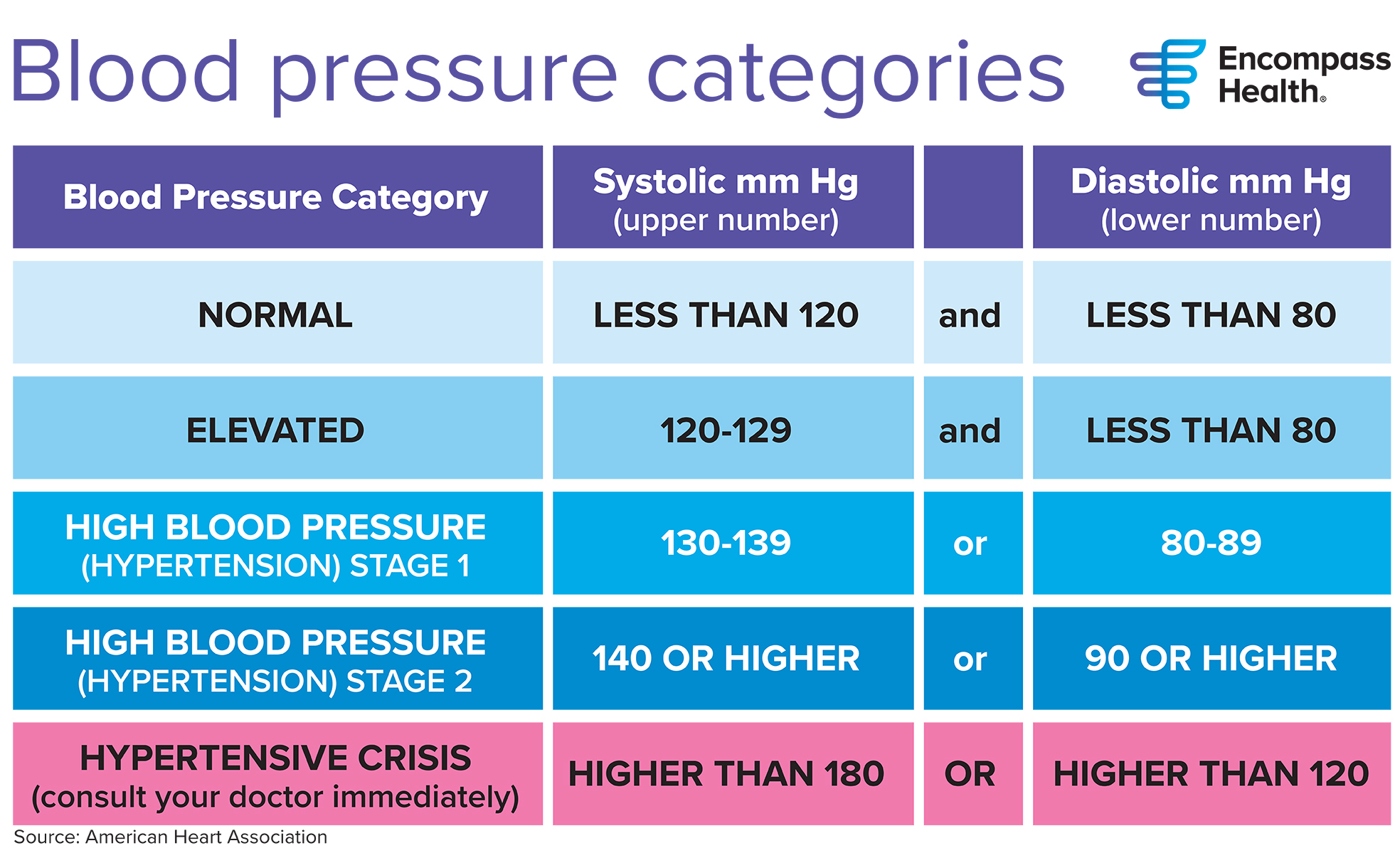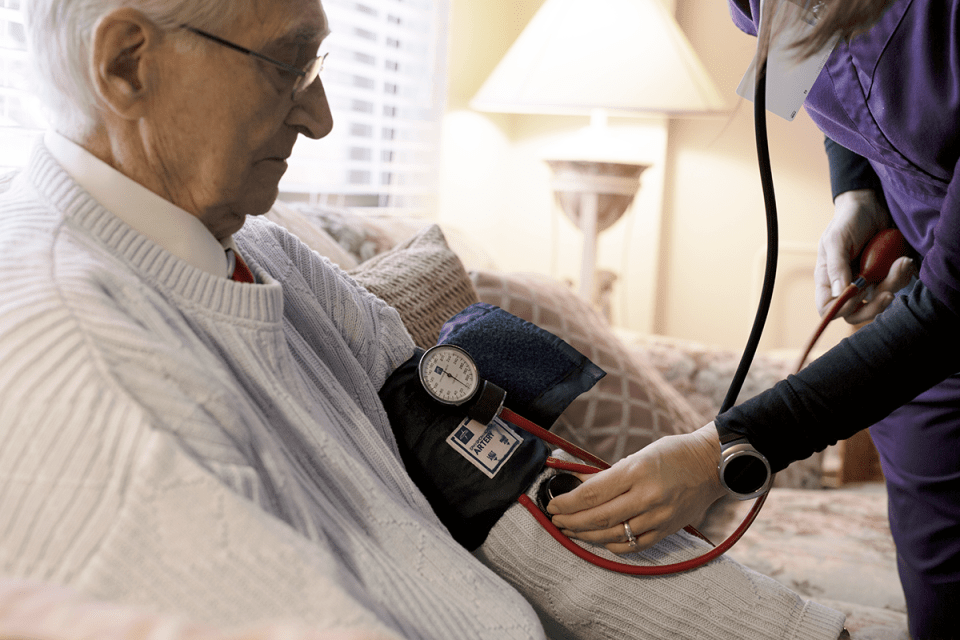If you have high blood pressure, you’re not alone. According to the Centers for Disease Control and Prevention (CDC), about one in three U.S. adults have high blood pressure, and many don’t even know it.
What is High Blood Pressure?
Also known as hypertension, increases in blood pressure occur when the force of your blood pushing against the walls of your blood vessels is consistently too high.
Like all muscles, the heart has an important job to do. Your heart helps deliver oxygenated blood to the rest of the body so that your tissues and organs can in turn do their job.
When the heart beats, it creates pressure that pushes blood through the arteries, veins and capillaries: this is where we get the term blood pressure.
Blood pressure is the result of two forces: systolic pressure and diastolic pressure. Systolic pressure occurs when blood pumps out of the heart and into the arteries. Diastolic pressure is created while the heart is at rest between heart beats. These two forces are represented in the numbers shown in blood pressure readings.
What Causes Hypertension?
There are two types of hypertension: essential and secondary.
Essential hypertension is the most common type and accounts for more than 95% of all cases. For those with essential hypertension, the underlying cause cannot be determined. Potential factors that can lead to essential hypertension include a family history of high blood pressure, inactive lifestyle, high alcohol or sodium intake, and ethnicity.
Secondary hypertension is caused by another medical condition, such as conditions that affect your kidneys, arteries, heart or endocrine system.

What are the Symptoms of High Blood Pressure?
Many people never experience symptoms and are therefore unaware of their condition. When symptoms do occur, it can mean that your blood pressure is getting worse.
These symptoms include:
- Severe headaches
- Confusion
- Nausea
- Chest pain
- Irregular heartbeat
- Tiredness
- Vision changes
- Ear noise or buzzing
What are the Side Effects of Uncontrolled Blood Pressure?
Ultimately, it increases the workload on your heart and blood vessels, and makes them work less efficiently.
Over time, the constant friction and force damages the tissues in your arteries. The more plaque and damage your arteries endure, the smaller the insides of the arteries become. This in turn starts the vicious cycle of high blood pressure and can lead to other serious conditions.
Serious conditions that can result from high blood pressure include:
- Heart attack
- Stroke
- Heart failure
- Kidney disease or failure
- Vision loss
How Can You Control Your Hypertension?
Your heart is affected by many factors, including what you eat, your level of activity, where you live and the medications you take. Although it isn’t curable, there are things you can do to increase your quality of life and better manage your condition.
Eat a Well-Balanced Diet
It’s important to eat the right foods to manage your blood pressure. Control your sodium intake by avoiding foods that are high in salt as extra fluid in the body makes the heart work even harder. It’s also best to avoid foods that are high in fat and cholesterol as they can cause further damage and blockage to your blood vessels.
Manage your Medications
Take your medications exactly as prescribed and keep an accurate list of all the prescription and over-the-counter medications you take as they impact how well the heart performs. Be sure to talk to your physician before taking any new medications, vitamins or herbs as some of them can make your blood pressure worse.
Exercise Regularly
When exercise is planned and controlled, it can strengthen the heart muscle. This makes it easier for the heart to pump, meaning the force on your arteries decreases. Physical activity also helps lower stress, which is known to contribute to hypertension.
Prioritize Your Health
There are many things you can do that will not only help your hypertension but impact your overall health. The best action you can take is to stop smoking as it depletes the heart of oxygen and increases its workload. Managing your weight and limiting alcohol consumption are also small changes you can make to better your health.
Know Your Numbers
If your physician has diagnosed you with high blood pressure, make you’re monitoring your blood pressure numbers regularly to help you detect any significant changes and patterns. Tracking your results will also reveal if the changes you’ve made are working.
The content of this site is for informational purposes only and should not be taken as professional medical advice. Always seek the advice of your physician or other qualified healthcare provider with any questions you may have regarding any medical conditions or treatments.



